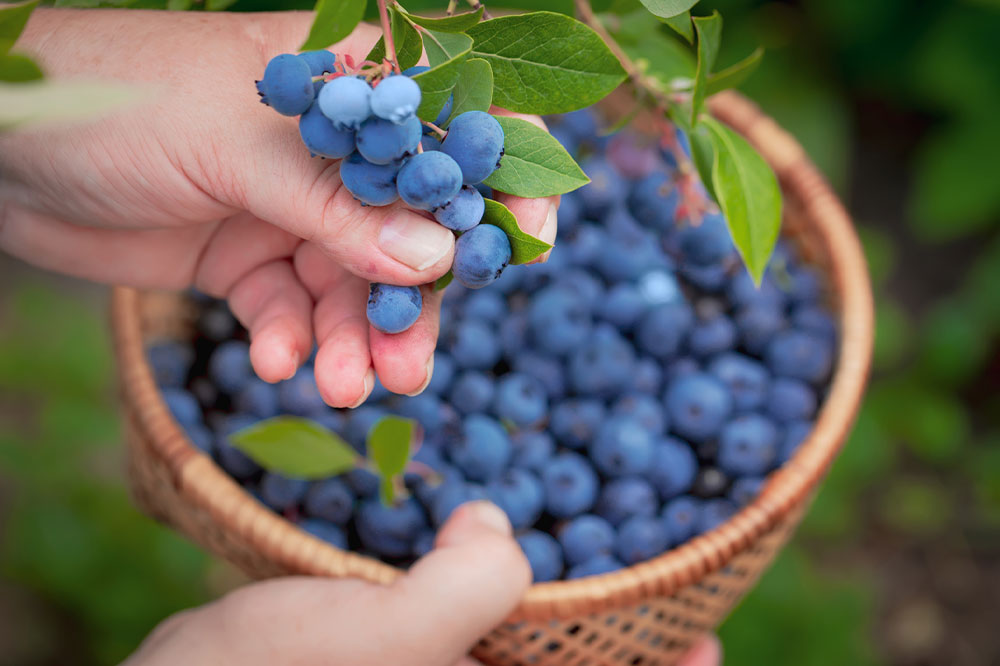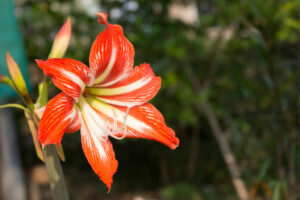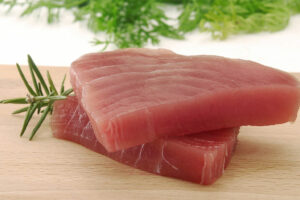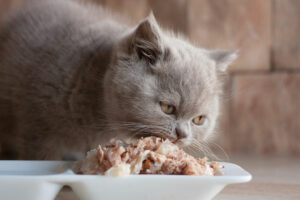11 foods that should never be fed to dogs

For a dog parent, their beloved pooches are a source of joy and contentment. Thus, they leave no stone unturned to ensure their pets receive nutritious food and plenty of exercise. In addition to providing them with nutrient-rich foods, dog parents should also know about the hidden dangers of certain seemingly innocuous foods that dogs may ingest when they can access them. Here are 11 human foods that can be toxic to dogs:
Grapes and raisins
Grapes and raisins can be highly toxic to dogs, although the exact cause of their toxicity is unknown. Ingesting grapes or raisins, even in small quantities, can cause kidney failure and even death among dogs. Therefore, it is important to keep grapes and raisins out of a dog’s reach.
Mushrooms
Although only a few types of mushrooms are poisonous to dogs, the poisonous ones can prove lethal. Moreover, it is difficult to distinguish the harmful mushrooms from the safe ones. Hence, to err on the side of caution, it is advisable to avoid feeding mushrooms to dogs.
Xylitol
This artificial sweetener is increasingly used as a sugar substitute and is harmless to humans. However, even small quantities of xylitol are dangerous for dogs. In humans, this sweetener does not cause the pancreas to release insulin. However, it is more easily absorbed into the bloodstream in dogs, resulting in the release of insulin from the pancreas and causing hypoglycemia (low blood sugar levels), liver failure, seizures, and even death.
Avocados
Avocados are trending as a superfood among health-conscious circles, and for good reason. However, this nutritious fruit is harmful to dogs, as it contains persin, a fungicidal toxin that can trigger diarrhea, vomiting, and other digestive problems in dogs. It also increases their risk of developing pancreatitis.
Onions
Onions belong to the family of alliums, and it is one of the human foods that are entirely toxic for dogs. The vegetable can cause oxidative damage and prevent the supply of oxygen to different body organs. Moreover, it can damage the dog’s red blood cells and trigger anemia. Thus, all parts of the onion plant, including the bulbs, leaves, and flowers, as well as preparations containing onions, should be kept away from dogs.
Garlic
Similar to onions, garlic belongs to the allium family and can be highly toxic to dogs and other pets. In fact, studies have found that garlic is the most toxic of all plants belonging to the allium family. It can cause the rupture of red blood cells, prevent oxygen supply, and trigger anemia among dogs. Garlic ingestion may cause dogs to experience diarrhea, vomiting, dehydration, and loss of appetite, among other symptoms. Thus, all parts of a garlic plant should be stored out of reach of dogs.
Rhubarb
Commonly used in desserts, rhubarb contains soluble oxalate crystals, which, if consumed in large quantities, can cause severe toxicity among dogs and other pets, even leading to kidney failure. Therefore, dog owners should be careful to store rhubarb in a place that cannot be accessed by their canine companions.
Chocolate
Synonymous with celebration and cheer among humans, chocolate can be lethal to dogs, as it contains theobromine and caffeine. Both these elements can trigger serious problems, including central nervous system issues and heart diseases, among dogs. Moreover, the darker the chocolate, the more the quantity of theobromine it contains. Hence, dark chocolate is more poisonous than white chocolate to dogs. Nonetheless, it is best to avoid feeding any type of chocolate to dogs. Dog owners should also keep away other products containing chocolate or traces of cocoa, such as biscuits, cookies, and ice creams.
Caffeinated beverages
Caffeine is an absolute no-no for dogs, as it can trigger serious health hazards like arrhythmia, diarrhea, vomiting, and tremors. Therefore, all beverages containing caffeine, including tea, coffee, and energy drinks, should be kept away from dogs.
Cherries
Unfortunately, dogs cannot enjoy these sweet delights, as the different parts of the cherry plant contain cyanide, a harmful chemical that destroys tissues in dogs. Also, cherries may choke a dog, particularly a puppy, owing to their small sizes. Thus, pet owners should avoid feeding cherries in any form to their dogs.
Raw meat
Although there are fewer chances of dogs contracting salmonella infections than humans, contaminated raw meat may trigger severe digestion issues among dogs, including diarrhea and abdominal discomfort. However, since meat is a rich source of protein and other nutrients, it is a good idea to feed dogs boiled, unsalted, unseasoned meat.



